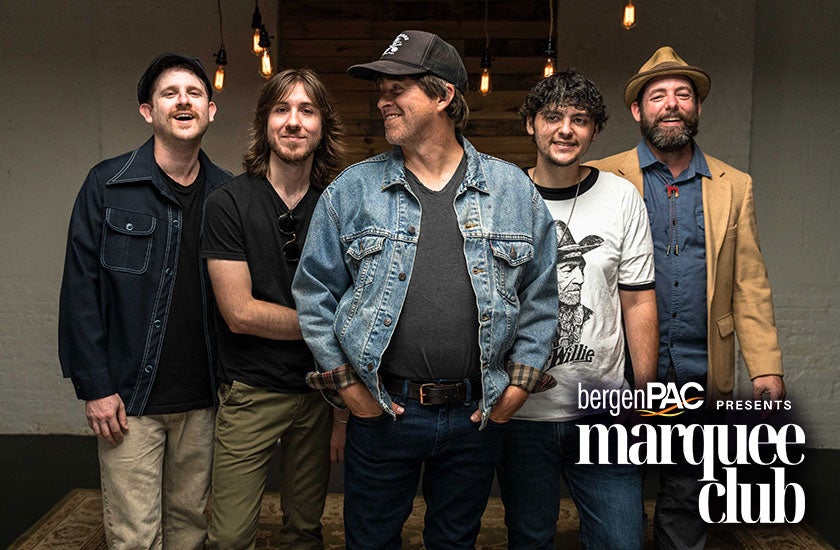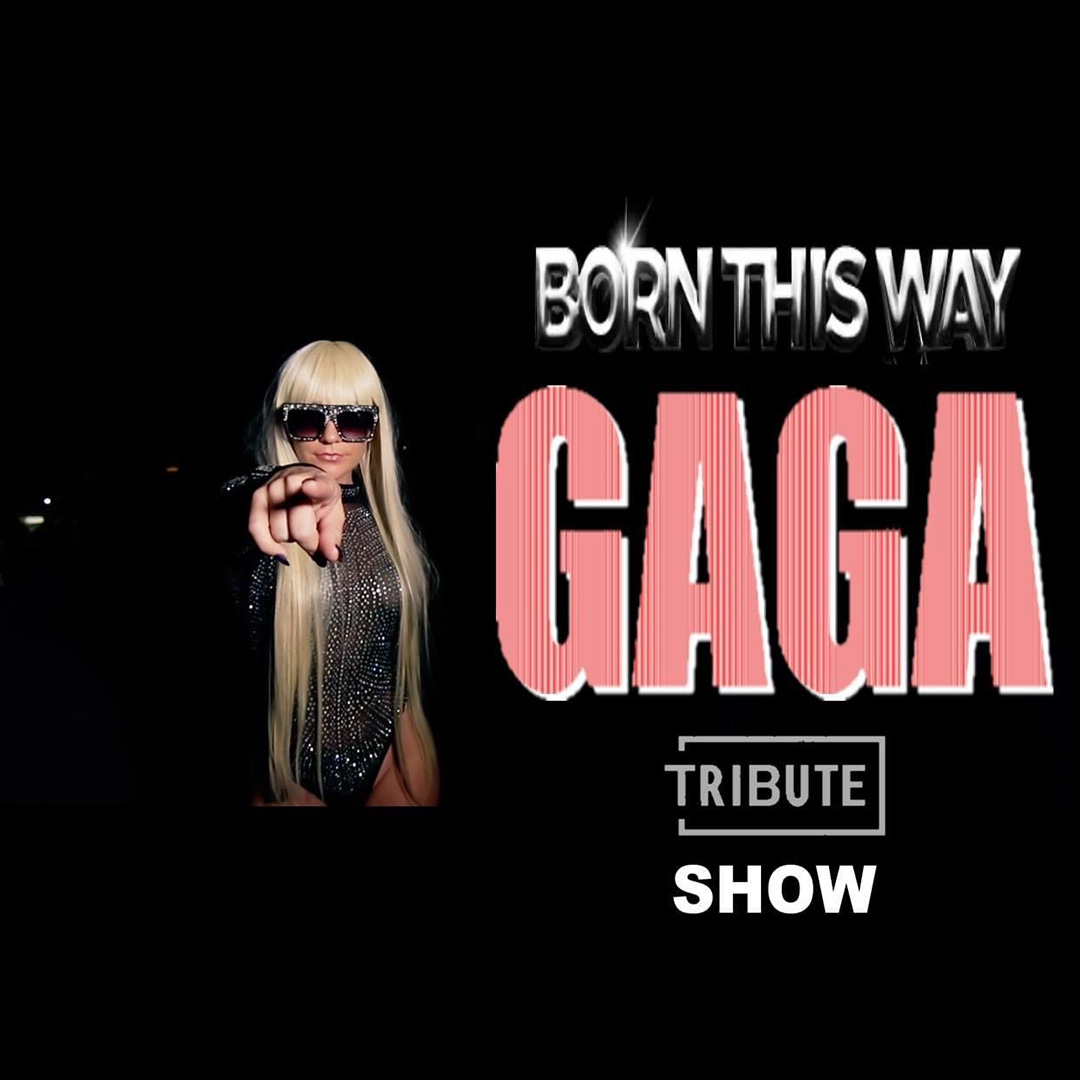By Gary Wien
originally published: 10/23/2017

You might think that every angle of The Beatles story has been covered by now, but one very significant piece was largely left untouched - the story of George Martin, the producer who helped shape and mold the music which defined one of the greatest bands in history. Martin penned three autobiographies, but acclaimed author Kenneth Womack has stepped in to tell the rest of the story.
“George gives a fairly limited view in his books,” explained Womack, author of Maximum Volume, The Life of Beatles Producer George Martin (The Early Years, 1926-1966). “He gives you his version of The Beatles story, but it’s a very selective one… I include warts and all, so you can see George Martin as a more well-rounded person. The one who’s a real person; who has failings, who has successes, who bristles and is jealous of Norrie Paramor. I don’t know that Martin’s been as revealing as he could be.”
One of the main differences between Martin’s books and Womack’s is the addition of other voices. Martin tells the story he wants us to hear; Womack seeks additional perspectives from people who were there like Geoffrey Emerick, a recording studio audio engineer who was in the chair next to Martin in the studio for several of their albums, and members of The Beatles themselves. He also doesn’t shy away from comments by people who may have been indifferent to Martin or those who disliked him.
“I believe it gives a different kind of shape to Martin’s story,” said Womack.
Even die-hard Beatles fans can be excused for not knowing the early history of Martin or anything prior to the days before he met the Fab Four. Maximum Volume takes you all the way back to his working class childhood when he was a musical prodigy. This is much more than just biographical information, it’s sort of the blueprint to the George Martin story. Learning about how he had “perfect pitch” but struggled to read sheet music gives us insight into how he was able to be innovative in the recording studio and push boundaries that stopped those with more experience.
Outside of music, we learn about his dreams of a career in aviation and his time in the Royal Navy during World War II. We relive his early days at Parlophone Records, a subsidiary of the EMI Group, known more for light orchestral works, jazz, and dance-band recordings than pop artists. It’s a record label that he helped bring back from the dead largely from a string of hit comedy records. Womack points out nuggets that do not appear in any of Martin’s autobiographies, including achievements that one would think would be remembered such as Paul Hanford’s version of “Itsy Bitsy Teenie Weenie Yellow Polka Dot Bikini” giving Martin his first number one record.
Most of all, we learn about Martin’s rivalry with Norrie Paramor at Columbia Records. Paramor and his main artist, Cliff Richard, produced sales in excess of five and a half million records between 1958 and 1962. In addition to his success on the charts, Martin was jealous of Paramor’s lifestyle. Although Martin had brought success to Parlophone and had become the head of the label, he was desperate to land a surefire pop artist like Paramor had.
And that’s where The Beatles come in.
While music fans are likely to more interested in the Beatles story than what precedes it, Womack provides a breezy read that is quite interesting, especially since most of it will be completely new to the average music fan. But the book truly takes off once the four lads from Liverpool enter the picture. We will learn even more when Volume 2 is released next year. Often overlooked is the fact that Martin was only 43 when the Beatles broke up. He would go on to live another 47 years before passing away in 2016.
Volume 1 takes us up to Rubber Soul, leaving us anticipating the stories of the incredible albums ahead for the band and how Martin dealt with the increasing drug use and internal conflicts. Womack says the next book also dives into Martin’s work with the band America and other projects. While Martin will be forever tied to his work with The Beatles his career did not end there.
“At a certain level, Martin’s story is the same as the four former Beatles in the sense that after they last see each other in August 1969 as a unit - they’re the sum of their parts and none of them ever reach those levels of excellence again,” said Womack.
Womack is the author of three novels: John Doe No. 2 and the Dreamland Motel, The Restaurant at the End of the World, and Playing The Angel. In addition to fiction, he has authored several books devoted to The Beatles. Born in 1966, he became a Beatles fan in the late 1970s. I was able to chat with Womack as he prepared for the new semester at Monmouth University where he is the Dean of the Wayne D. McMurray School of Humanities and Social Sciences and serves as Professor of English.
The pairing of The Beatles and George Martin seems like a last ditch effort between two sides. Martin desperately wanted a pop star like Paramor had and the last thing Brian Epstein (the Beatles’ manager) wanted was to return to Liverpool without a record contract.
That’s absolutely correct. They were as Martin’s older son Gregory likes to say “each other’s Last Chance Saloon.” They needed to make it work, but they weren’t entirely conscious of that at the time. George planned to record those six sides with them and never see them again.
Do you think Martin would have been interested in working with The Beatles if it wasn’t for a guy like Paramor having the success he had with Cliff Richard?
I don’t know. I think that’s what George needed at the time to kick him in the ass. He needed that deep envy and jealousy and those sort of things to make him want to do more. I think that was essential for him. But he also needed to learn how to become passionate about something. When you look at that story it’s kind of a classic. George wants to have all of the stuff that Norrie has but he doesn’t understand that at a certain level Norrie had a passion for Cliff Richard and a passion for his career. George just sees it as Norrie’s making lots of money and he’s a creep and he’s writing B sides to get more money. The part he’s leaving out is Norrie cared about Cliff and, at some point or another, said “I’m in.” George had never done that with anybody until the “Please Please Me” episode.
I loved the idea of seeing the beginning of Beatlemania from someone within that world who wasn’t a Beatle. Was there anything that took you by surprise about that period from Martin’s perspective?
There sure is and I think about it a lot. It’s still true in Volume 2 to a certain extent for a while and that’s the issue of being a flash in the pan. People who are not first generation fans, and let’s face it that’s everybody forever from now on, cannot understand outside of the context of The Beatles being the accepted masters because they are. We can’t go back and see that in 1966 as they’re making Revolver they’re literally worried, “Are we going to lose audience because we’re doing ‘Tomorrow Never Knows’?” We are now on the fringes of what is considered acceptable for popular music, what will this do? We’re still going to make ‘Strawberry Fields Forever’ but there was this level of risk that they would be what people would deride at the time as a flash in the pan. That they’re going to be one hit wonders; here today, gone tomorrow. Martin and, to a certain extent, Brian Epstein were always thinking about this. How do we stay relevant? How do we keep product going into the marketplace? That’s why even though Martin though it was crummy the way Capitol Records would repackage The Beatles, at a certain level he had no issue with it because it meant they were getting out more material more often, in the biggest marketplace in the world. He was ok with that.
Did you sort of relive the experience of hearing Beatles’ songs for the first time through Martin’s experience?
Oh sure. And I would often relive different takes of a song that maybe I didn’t think that much about but I had heard in bootlegs or the Anthology series and I would have a stronger sense of what they were and why they’re valuable. That happened a lot. I would just have a deeper experience that I wasn’t having before, and it was great to see it from his eyes. When he says “I was in love” the first time he heard “Strawberry Fields Forever” that’s magic. And that’s why I was interested in writing the book. It was to have his point of view and also show just how many hours were put in. You truly experience the sheer number of hours and sessions it took to do what they did and how they were often doing it in a compact period of time.
I’m amazed at how you could hear many different versions of a song in the studio, but they always seemed to choose the right one to release. That’s one of Martin’s best attributes.
That’s true. He put enormous care into those records. That’s why he spent all the hours getting it right. When you listen to records in 1965-66 by bands like The Rolling Stones, The Who, The Kinks, and even The Beach Boys, one band sounds different from the others. It’s not just the sound and the musicianship, it’s the quality of the recording. Martin would not let garbage proceed them. He simply would not do it. A lot of the songs by those bands are wonderful songs, they’re just not preserved as well because they weren’t recorded as well.
Martin is thought of as a genius in the studio and your book makes it look like he began experimenting long before his work with The Beatles. Was he so far out there that people down the hall truly wondered if he knew what he was doing?
Yes and part of it is he doesn’t know what he’s doing. That’s the biggest thing he has going for him. He knows music, but he’s not like a Geoff Emerick who was trained a certain way. I don’t want to underscore Geoff’s own skills in being an innovator himself, but George didn’t come from all that training. He’s a music guy and part of the reason I think he appeals to a guy like John Lennon is that he doesn’t see the boundaries. Even when he does, he realizes with a little ingenuity you can probably usurp them.
Do you think that never fully learning how to read music may have helped with his experimentation?
Oh yes. He wasn’t as wedded to it as someone who had that training from when they were very young. He knew how to be in a scratch band, so he understood what The Beatles were doing and how he could be their translator. In many ways, his son Giles now is far more adept at understanding music because he’s had a different kind of training.
What continues to drive you to learn more about the Beatles’ story?
I still have central questions I’m trying to answer. How did they have this artistic trajectory like nobody else that goes straight up? Nobody does that. James Joyce, Picasso; they don’t do that, why did The Beatles? I think I know the answer, but it’s a mixture of things. It’s that they’re working class. You go to work, you do what you have to do, and you don’t take years off. You do the job until it’s done even if you’re pissed about the job.
Our students ask this question all of the time, “What is genius?” Genius to me is not necessarily a score that you get on a test, but it is the ability to take advantage of a talent you have in the moment when you should be doing it. And that was the moment they should be doing it. One of my favorite moments in the Beatles story is when George Harrison is coaxed back to the band in January 1969. He quits during the “Get Back” sessions. He comes back after a week or so after having some tough words with John Lennon. He comes back and he looks at Lennon and McCartney and bangs his chest saying, “Heart of hearts, this is where I should be.”
For more on Womack, check out his Beatles Blog at Huffingtonpost.com.
Gary Wien has been covering the arts since 2001 and has had work published with Jersey Arts, Upstage Magazine, Elmore Magazine, Princeton Magazine, Backstreets and other publications. He is a three-time winner of the Asbury Music Award for Top Music Journalist and the author of
Beyond the Palace (the first book on the history of rock and roll in Asbury Park) and
Are You Listening? The Top 100 Albums of 2001-2010 by New Jersey Artists. In addition, he runs New Jersey Stage and the online radio station
The Penguin Rocks. He can be contacted at
[email protected].
FEATURED EVENTS
To narrow results by date range, categories,
or region of New Jersey
click here for our advanced search.
To narrow results by date range, categories,
or region of New Jersey
click here for our advanced search.
EVENT PREVIEWS
bergenPAC presents Gospel Music Legend Yolanda Adams
January 29, 2026
The Broadway Theatre of Pitman presents Born This Way - A Lady Gaga Tribute show on Thursday
January 29, 2026
People Get Ready: A "Blues & Rock 'N' Roll Summit" is coming to Lizzie Rose Music Room featuring Glenn Alexander & Shadowland plus James JB Barnes & The JB Blues Band
January 30, 2026
Prudential Center presents Rascal Flatts with Openers Lauren Alaina and Chris Lane
January 30, 2026
The Landis Theater presents BOSTYX - The Ultimate Boston & STYX Tribute Band on Friday
January 30, 2026
Algonquin Arts Theatre presents Magical Mystery Doors
January 31, 2026
State Theatre New Jersey presents Freestyle Flashback Concert 2026 on January 31st
January 31, 2026
The Levoy Theatre presents Dead On Live
January 31, 2026
Kean Department of Music presents Los Angeles Guitar Quartet on Saturday
January 31, 2026
Black History Month Celebration in Madison: Louis Armstrong's Early Life and Music
February 1, 2026
















